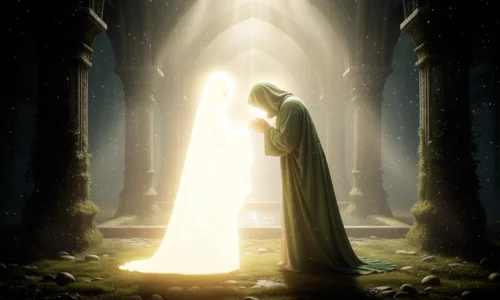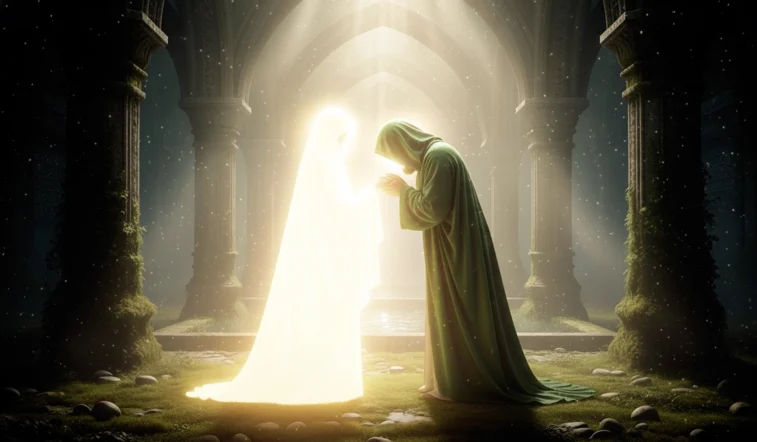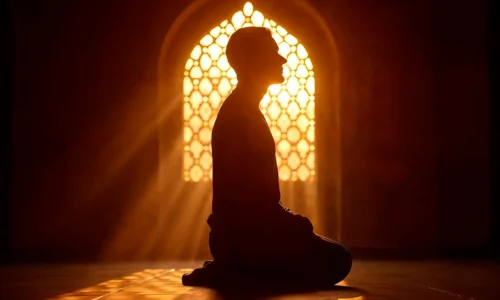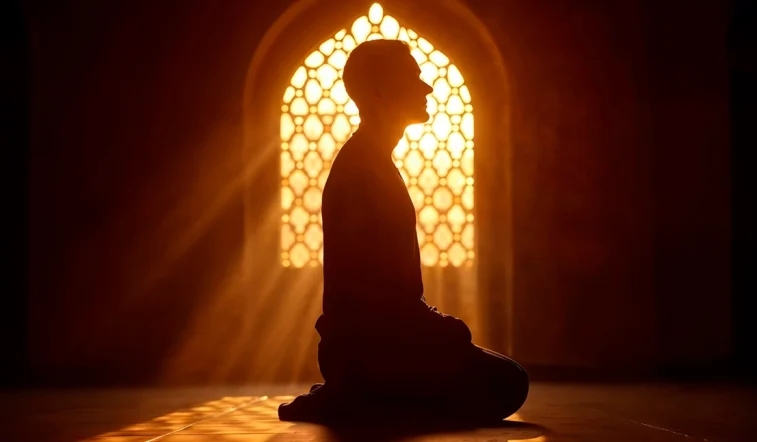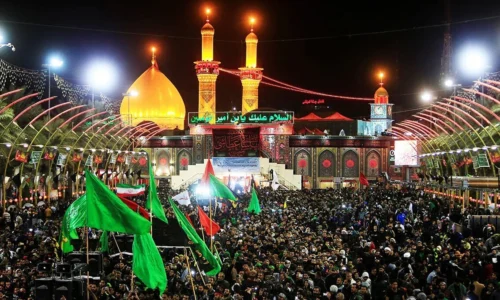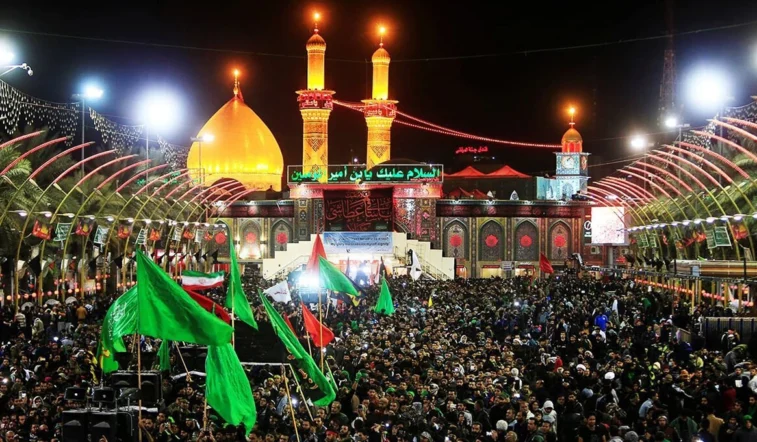In a world drowning in chaos, injustice, environmental collapse, and moral decay, we face a haunting question: Is anyone coming to fix this?
For those who don’t believe in God, prophets, or scriptures, this may sound like mythology. But what if the idea of a coming world reformer—the 12th Imam, Mahdi—is not religious fantasy, but a reflection of humanity’s most rational hope?

1. Every Civilization Has Expected a World Savior
Across time, from ancient empires to modern movements, civilizations have spoken of a coming reformer:
- The Zoroastrians foretold a Saoshyant who would defeat evil and renew the world.
- Hindus await Kalki, who will appear at the end of the age to restore cosmic order.
- Buddhists speak of Maitreya, a future enlightened being who will lead humanity to truth.
- In Western culture, philosophers and even secular revolutionaries like Marx imagined a “final stage” of justice and equality for all.
These aren’t just random myths. They reflect something hardwired into human nature—a belief that history has a direction, and that it will one day climax with truth triumphing over falsehood.
This figure, in Islamic tradition, is known as the 12th Imam, Mahdi. But he isn’t just a Muslim belief—he’s the echo of a global longing for redemption.
2. Why Mahdi Is Not a Religious Invention
Let’s be honest: many religions have been altered over time, manipulated by oppressors who changed them for their own interests in order to create division among people and secure their rule. Islam, too, has not been exempt from this distortion. He will come to revive the true, pure faith — the authentic Islam of Prophet Muhammad (PBUH) — a faith in which there is no place for corruption or injustice, and where human dignity will be preserved at its highest level.
You don’t need to believe in God to see that:
- Systems are collapsing. Political, economic, ecological, and moral systems are failing.
- Truth is buried under propaganda. People are losing faith in news, science, and leadership.
- Corruption is global. No nation, no ideology, has escaped the grip of greed and oppression.
What does this mean?
It means we are heading toward a collapse—or a transformation.
The Mahdi represents this transformation. Even if you don’t see him as a divine figure, he represents the logical necessity of conscious leadership—someone who transcends systems, power structures, and ideologies, and acts purely for the sake of justice.
3. Why Does Humanity Need a Hidden Leader?
Many ask: If he’s real, why is Mahdi hidden?
Let’s reframe it.
Think of visionary thinkers who were far ahead of their time—Galileo, Tesla, Malcolm X, Martin Luther King. Often, the world wasn’t ready for them. Society crushes those who speak too much truth.
Now imagine someone who embodies complete truth, moral clarity, and incorruptibility.
Can this person live openly in today’s world—where corruption dominates media, politics, and religion itself?
The 12th Imam’s hidden presence makes sense: he influences silently, preparing hearts, systems, and minds, until the world reaches a point where it can’t go on without him.
And many signs suggest—we’re getting close.
4. Philosophical Proof: The Need for a Moral Anchor
Even if you don’t believe in God, you likely believe in justice.
But ask yourself:
- Where does true justice come from?
- Who defines it?
- And who has the courage to carry it out fairly?
Throughout history, ideologies—capitalism, socialism, secularism—have failed to deliver lasting justice. They serve some, and hurt others.
Mahdi represents something beyond ideology. He is the personification of pure justice, unshaped by religion or politics.
Even from a purely logical standpoint, the presence of such a figure is not only possible, it is necessary. Just as every system needs a final corrective force—nature has balance, evolution has adaptation—human history requires a moral anchor.
5. The Silence of the Powerful Is Itself a Sign
Why is it that so many powerful systems fear the idea of Mahdi?
Because Mahdi doesn’t serve the elite. He shatters their empires. He brings:
- Truth that can’t be manipulated
- Leadership that can’t be bought
- Justice that doesn’t discriminate
Even U.S. politicians and generals have quietly acknowledged the concept of Mahdi as a force of change. Some have studied him as a real, potential game-changer in geopolitics.
Why?
Because unlike any other leader, he cannot be controlled.
6. You Don’t Need Religion to Recognize Mahdi—Just Courage
You don’t need to follow rituals or doctrines.
But you do need the courage to question the system, to ask:
- Is this the world we were meant to live in?
- Will we allow the few to control the many forever?
- Is there a figure who will break the cycle—and if so, am I ready to recognize him?
Mahdi challenges the idea that we are helpless. He calls humanity to rise, not through war or ideology, but through truth and justice.
That’s not religion.
That’s revolution.
Final Thoughts: Mahdi Is Not a Belief. He’s a Warning—and a Hope.
You may not believe in God.
But you believe in right and wrong.
You believe that this system is broken.
And you believe that something must change.
The 12th Imam, Mahdi, is not a fantasy for the religious.
He is a real answer to real injustice.
And if the world is reaching its breaking point, then perhaps… he is already closer than we think.
